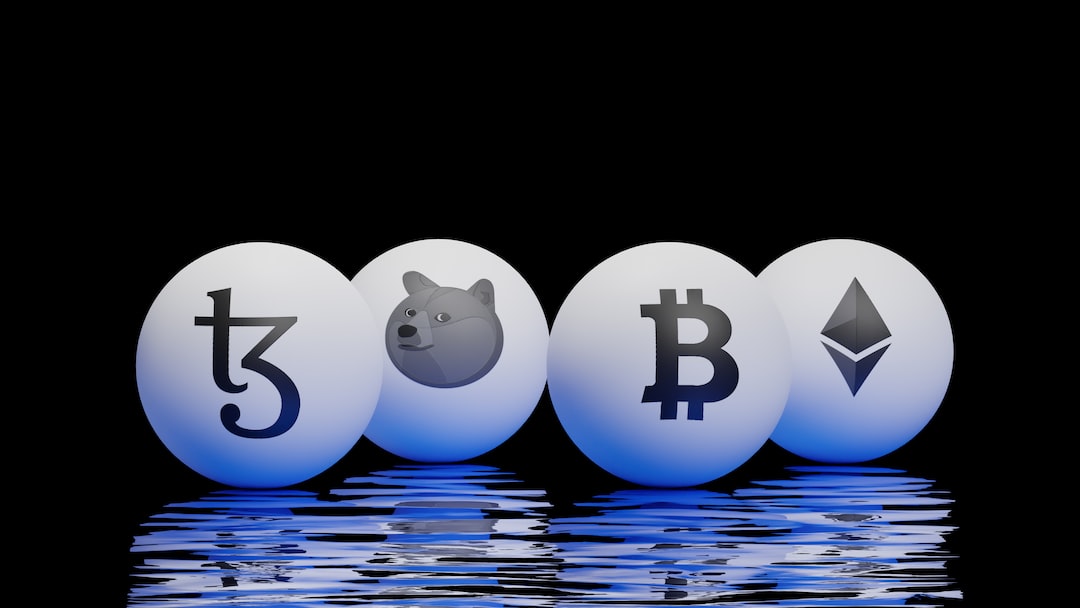Former OpenSea Executive Appeals Conviction Over NFT Insider Trading
Nathaniel Chastain, a former executive at OpenSea, has filed an appeal with a federal appeals court to overturn his conviction for fraud and money laundering. Chastain argues that the information he used to trade NFTs, specifically which collections he planned to feature on OpenSea’s homepage, was not considered “property” and therefore not illegal to use for personal gain.
The Argument for Non-Property Information
In the appeal, Chastain’s attorneys claim that the insider information he used did not hold significant value for OpenSea and therefore should not be considered the company’s property. They state that the wire fraud conviction relies on proving that the information in question was OpenSea’s property.
Chastain’s Unethical Actions
Chastain’s attorneys do not dispute his involvement in buying NFTs and featuring them on OpenSea’s homepage to generate hype and profit. However, they acknowledge that this behavior may have been unethical or a conflict of interest.
Defining Property in Wire Fraud Cases
Chastain’s attorneys refer to a recent Supreme Court decision that clarified federal wire fraud laws only apply to schemes targeting things recognized as property. They argue that since Chastain’s manipulation of information did not harm OpenSea, it should not be considered property.
Immediate Consequences for Chastain
OpenSea terminated Chastain as soon as his conduct was exposed in 2021. In August, he received a three-month prison sentence, three months of house arrest, three years of probation, and a $50,000 fine for his actions.
Attorneys Dispute “First-Ever” Claim
Chastain’s attorneys also challenge the characterization of his case as the first-ever digital asset insider trading scheme. They argue that the judge overseeing the case expressed doubts about the charges and believed they may not have been filed if it did not involve NFTs.
Hot Take: Chastain Appeals Conviction, Citing Lack of Property
Nathaniel Chastain, a former OpenSea executive, has filed an appeal to overturn his conviction for fraud and money laundering related to NFT trading. Chastain’s argument is centered around the claim that the information he used was not considered “property” and therefore should not be subject to wire fraud charges. While his attorneys acknowledge the unethical nature of his actions, they maintain that the information did not harm OpenSea and should not be treated as property. This case highlights the evolving legal landscape surrounding NFTs and raises questions about how insider trading laws apply to digital assets.





 By
By
 By
By
 By
By
 By
By
 By
By
 By
By